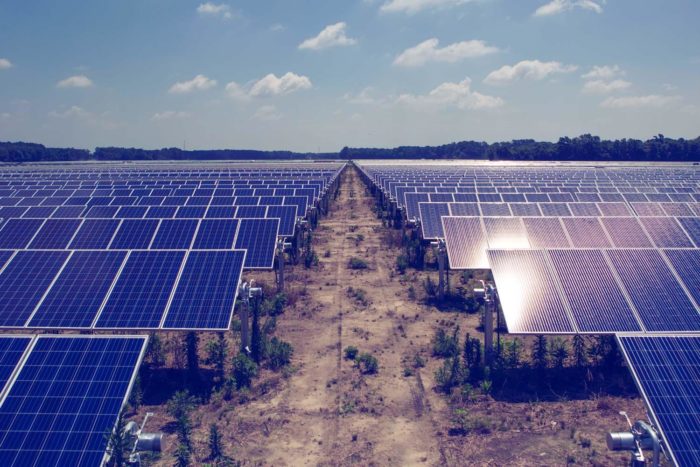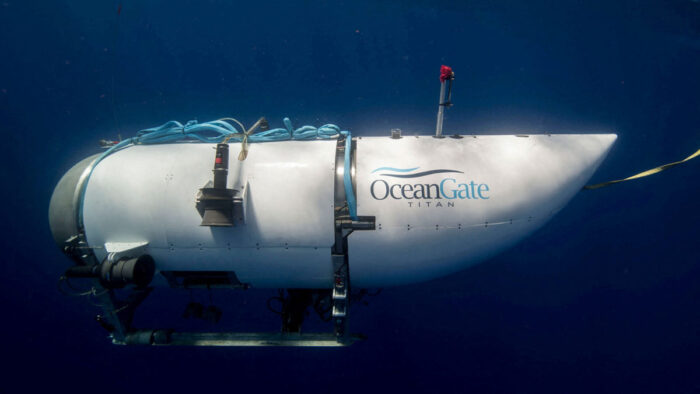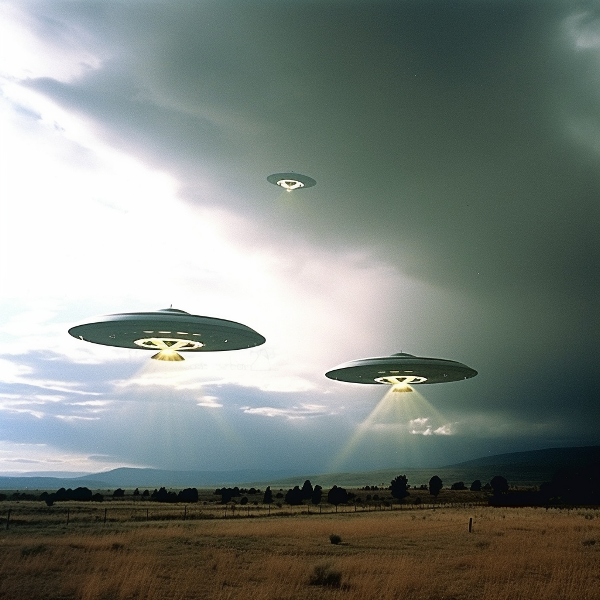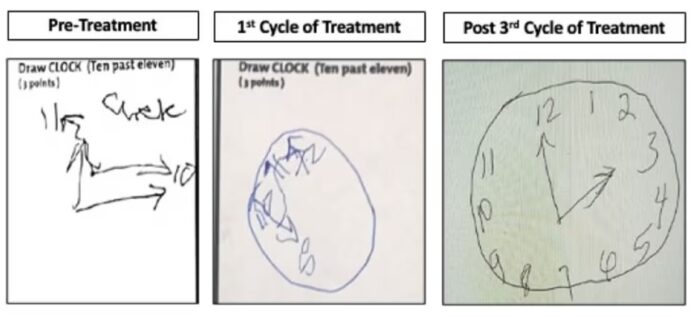Jun 30 2023
A Climate Rebuttal
 The climate change discussion would benefit most from good-faith evidence and science-based discussion. Unfortunately, humans tend to prefer emotion, ideology, motivated reasoning, and confirmation bias. As an example, I was sent an excerpt from a climate change podcast as a “rebuttal” to my position. The content, however, does not address my actual position, and I find many of the arguments highly problematic. This one is coming from a perspective that climate change is real and a definite problem that needs to be addressed, but seems to be advocating that the best solution is to be all-in on wind and solar without needing other solutions.
The climate change discussion would benefit most from good-faith evidence and science-based discussion. Unfortunately, humans tend to prefer emotion, ideology, motivated reasoning, and confirmation bias. As an example, I was sent an excerpt from a climate change podcast as a “rebuttal” to my position. The content, however, does not address my actual position, and I find many of the arguments highly problematic. This one is coming from a perspective that climate change is real and a definite problem that needs to be addressed, but seems to be advocating that the best solution is to be all-in on wind and solar without needing other solutions.
The podcast is The Energy Transition Show and here is the episode I was sent: https://xenetwork.org/ets/episodes/episode-200-ets-retrospective/. As a rebuttal to my position and what seems to be the position of many experts, their arguments are strawmen, but a particular kind of strawmen. One way to create a strawman argument it to portray the most extreme position as “the” counter opinion to your own. This sets up a false dichotomy – either you agree with us or you are advocating for this extreme and easily refutable position, ignoring vast territory between two extremes. Here’s the beginning of the excerpt:
[00:34:15] ….this argument against the energy transition, which seems to be falling by the wayside since you started in 2015, is this claim that we could never run a power grid with a large share of renewables due to their quote unquote intermittency? Right. You know, back in 2015, there were a lot of people insisting that the power grid couldn’t support more than maybe a high single digit, low double digit percentage of renewable power due to this intermittency, and that we would need to maintain significant amounts of baseload generators that run close to full time, like coal, nuclear plants, to ensure reliable operation of the power grid. But that has not turned out to be true, at least not yet, at the levels of penetration we’re seeing and we’re seeing very high levels of penetration in California. A couple weeks ago, I think 97% renewables at one point in time. And so I don’t really hear those arguments nearly as often anymore. But I am very interested in where you think those arguments have gone.
[00:35:55] Chris Nelder: Yeah, well, we were just talking about terminology and the preference of some people to start calling natural gas fossil gas or methane. I have a strong aversion to the term intermittency. That’s a term that really I think came from the fossil fuel industry as a way of casting doubt on renewables and making them sound unreliable or hard to forecast or in some way or another, not something that we can count on. And that’s just not the case.
The notion that the grid cannot take more than single digits or low double digits of intermittent sources may be a talking point on the climate change denial end of the spectrum, but that is not the mainstream perspective arguing that we should not rely entirely one wind and solar. Also, I have never read the argument from any expert that the grid cannot function with high penetration of wind and solar, only that it becomes more challenging and high penetration. One side note, many sources use the term “renewable” source or explicitly refer to WWS – wind, water, and solar. But hydropower is not intermittent, it can be dispatchable, and can be use for grid storage through pumped hydro. So including that in the discussion muddies the waters.

 It’s always exciting when a scientific institution announces that they are going to make an announcement. Earlier this week we were told that there was going to be a major announcement today (June 29th) regarding a gravitational wave discovery. The goal of the pre-announcement is to generate buzz and media attention, although I almost always find the reveal to be disappointing. I guess we are too programmed by movie plotlines where such reveals are truly earthshattering. So I have learned to moderate my expectations (a generally good strategy to avoid disappointment).
It’s always exciting when a scientific institution announces that they are going to make an announcement. Earlier this week we were told that there was going to be a major announcement today (June 29th) regarding a gravitational wave discovery. The goal of the pre-announcement is to generate buzz and media attention, although I almost always find the reveal to be disappointing. I guess we are too programmed by movie plotlines where such reveals are truly earthshattering. So I have learned to moderate my expectations (a generally good strategy to avoid disappointment).

 In
In I’ve been following AI (artificial intelligence) news very closely, including all the controversies and concerns. I tend to fall on the side of – AI is a powerful tool, we should continue to develop it and use it responsibly. We don’t need to panic, and highly restrictive laws are likely unnecessary and counterproductive. But there are legitimate concerns about the power of AI, especially in the “wrong” hands. I also think the greatest disruption to our lives might not come from cyberterrorists (although a legit concern) or AI run amok, but from marketing. Giving companies who see us only as customers the power to predict our every move gives me pause.
I’ve been following AI (artificial intelligence) news very closely, including all the controversies and concerns. I tend to fall on the side of – AI is a powerful tool, we should continue to develop it and use it responsibly. We don’t need to panic, and highly restrictive laws are likely unnecessary and counterproductive. But there are legitimate concerns about the power of AI, especially in the “wrong” hands. I also think the greatest disruption to our lives might not come from cyberterrorists (although a legit concern) or AI run amok, but from marketing. Giving companies who see us only as customers the power to predict our every move gives me pause. On the current episode of the SGU, because it is pride month, we expressed our general support for the LGBTQ community. I also opined about how important it is to respect individual liberty, the freedom to simply live your authentic life as you choose, and how ironic it is that often the people screaming the loudest about liberty seem the most willing to take it away from others. That was it – we didn’t get into any specific issues. And yet this discussion provoked several responses, filled with strawman accusations about things we never said, and weighed down with a typical list of tropes and canards. It would take many articles to address them all, so I will focus on just one here. One e-mailer claimed: “It is obvious to me that the 98% of trans people have a mental illness that should be treated like any other mental illnesses.”
On the current episode of the SGU, because it is pride month, we expressed our general support for the LGBTQ community. I also opined about how important it is to respect individual liberty, the freedom to simply live your authentic life as you choose, and how ironic it is that often the people screaming the loudest about liberty seem the most willing to take it away from others. That was it – we didn’t get into any specific issues. And yet this discussion provoked several responses, filled with strawman accusations about things we never said, and weighed down with a typical list of tropes and canards. It would take many articles to address them all, so I will focus on just one here. One e-mailer claimed: “It is obvious to me that the 98% of trans people have a mental illness that should be treated like any other mental illnesses.” The
The  For the first time in over a decade, Apple has announced a new product designed to change computing. There was the transition to personal computing with the Apple computer, then to portable computing with the iPhone, and now they hope to usher in the transition to virtual computing with their Vision Pro. It may be emblematic of the response to their announcement that Apple stock prices dropped during the announcement.
For the first time in over a decade, Apple has announced a new product designed to change computing. There was the transition to personal computing with the Apple computer, then to portable computing with the iPhone, and now they hope to usher in the transition to virtual computing with their Vision Pro. It may be emblematic of the response to their announcement that Apple stock prices dropped during the announcement.




